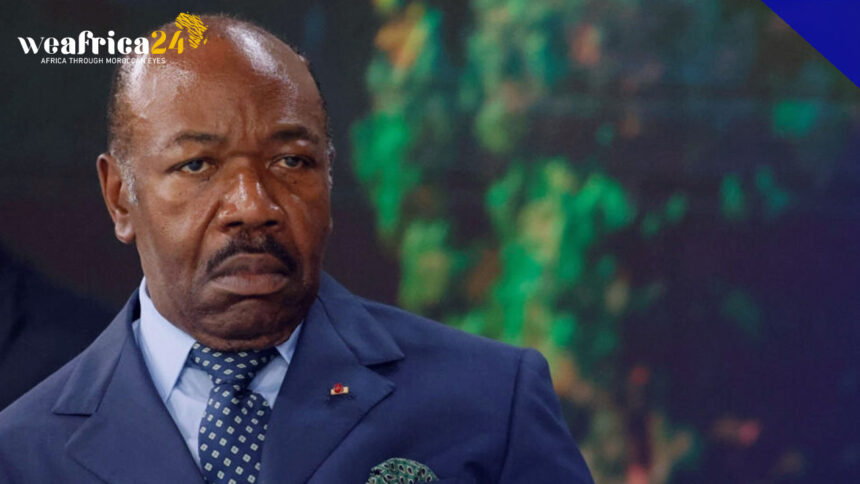Exactly three months following the coup in Gabon, the situation surrounding former First Lady Sylvia Bongo and her son Noureddin is one of detention, while former President Ali Bongo remains in his residence. The new regime contends that Bongo has retired and enjoys freedom of movement, even the option to seek medical treatment abroad at any time. However, his associates refute these claims, denouncing a form of detention veiled in ambiguity.
According to some close associates, Ali Bongo is effectively in prison. While the former president resides in his opulent La Sablière residence with his sons Bilal and Jalil, his freedom is purportedly constrained. Sources indicate the presence of military vehicles surrounding his residence, with limited outings to the garden. A Republican Guard is reportedly constantly present to monitor his conversations. “He is not truly free and cannot visit his imprisoned wife and son,” confides a confidant.
Despite suffering a stroke in 2018, Ali Bongo’s health remains stable, with regular physiotherapy sessions for rehabilitation.
Materially, reliable sources suggest that he lacks access to a phone, his bank accounts are frozen, and he has not received his retirement benefits. Allegedly accumulating three months’ worth of unpaid electricity bills, his checks are reportedly being declined, prompting concerns about a potential power cutoff.
Only a highly restricted circle of collaborators reportedly surrounds him. “Military personnel conduct thorough checks at entry and exit points. The head chef has left due to intolerable working conditions. His family, particularly his mother, must bring him meals,” reveals an insider.
While several officials have made official visits, including President Faustin Archange Touadéra of the Central African Republic, UNOCA representative Abdou Abarry, OIF Secretary-General Louise Mushikiwabo, and on November 25th, Prime Minister of Sao Tomé Patrice Emery Trovoada, the authenticity of these encounters has been questioned. Collaborators suggest that these diplomatic gestures are a mere facade to portray a positive image.
These rare glimpses of Ali Bongo’s post-coup life, often reported in the media, include a video released shortly after the coup where he urged friends of Gabon to “make noise.” Reportedly recorded by his English-speaking butler just hours after the coup, the video aimed for international dissemination.
Today, very few individuals have private access to Ali Bongo, and any meeting requires military approval. Notably, no representative from his party, the PDG, has visited La Sablière. There are concerns that the current administration may seek to seize the family’s assets.
Despite the challenging circumstances, Ali Bongo reportedly refused an offer of exile about a month ago, demonstrating his mental fortitude. Allegedly, an airplane was ready for his departure, but he declined to leave Gabon without his wife and son, asserting their innocence. His associates suggest that the new regime is attempting to shift blame onto Sylvia and Noureddin Bongo, contending that Ali was fully aware and in control of his faculties despite his physical limitations.
Currently, no legal proceedings are targeting the former head of state. The President of the National Assembly, Jean-François Ndongou, highlights that only a specialized jurisdiction can judge a former president, emphasizing that ordinary courts are not applicable. If judicial authorities deem it necessary to launch an investigation, Ndongou asserts that he cannot impede the justice system from carrying out its duties.







